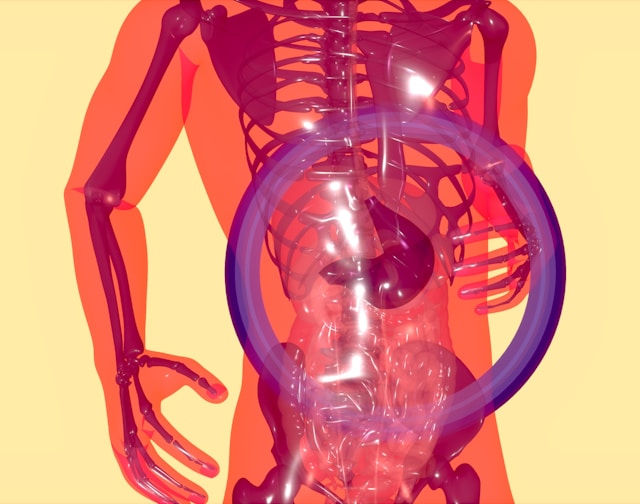Clinical Protocol for Type 2 Diabetes: Glucose Control and Insulin Sensitivity

Clinical Protocol for Type 2 Diabetes
This protocol supports glucose stability, improves insulin sensitivity, and strengthens metabolic health by combining targeted supplementation with functional lifestyle strategies.
Before starting any supplementation, we strongly encourage you to consult with your primary care physician.
Protocol Objectives
• Reduce insulin resistance
• Lower post-meal glucose spikes
• Improve carbohydrate digestion
• Support energy and cardiovascular health
• Stabilize nighttime fasting glucose levels
Phase 1: Morning (with breakfast)
Berberine Breakthrough – 1 capsule
Activates AMPK to improve insulin sensitivity and lower postprandial glucose, functioning similarly to natural metformin.
Magnesium Breakthrough – 2 capsules
Supports glucose regulation, muscle function, energy production, and reduces metabolic inflammation.
Phase 2: Lunch and Dinner (with meals)
MassZymes – 3 capsules per meal
High-potency digestive enzymes that improve breakdown of carbohydrates and proteins, reducing glucose spikes through improved digestion and absorption.
Phase 3: Night (before bed)
Berberine Breakthrough – 1 additional capsule
Provides nighttime glucose control to help stabilize basal levels during sleep.
Additional Recommendations
Diet
• Low in refined carbohydrates
• High in fiber (vegetables, legumes)
• Prioritize lean proteins and healthy fats
Lifestyle
• 30 minutes of daily aerobic exercise
• Adequate hydration
• Consistent meal schedule
Duration
• 90-day initial phase
• Maintenance phase afterward based on clinical response
Clinical Notes
• Start with half the dose for 3–5 days to assess tolerance
• Monitor for hypoglycemia if combined with antidiabetic medications
• Consider adding Microbiome Breakthrough if intestinal dysbiosis is present
Monitoring
• Fasting glucose
• Electrolytes
• Liver and kidney function
• Laboratory follow-up every 4–6 weeks




